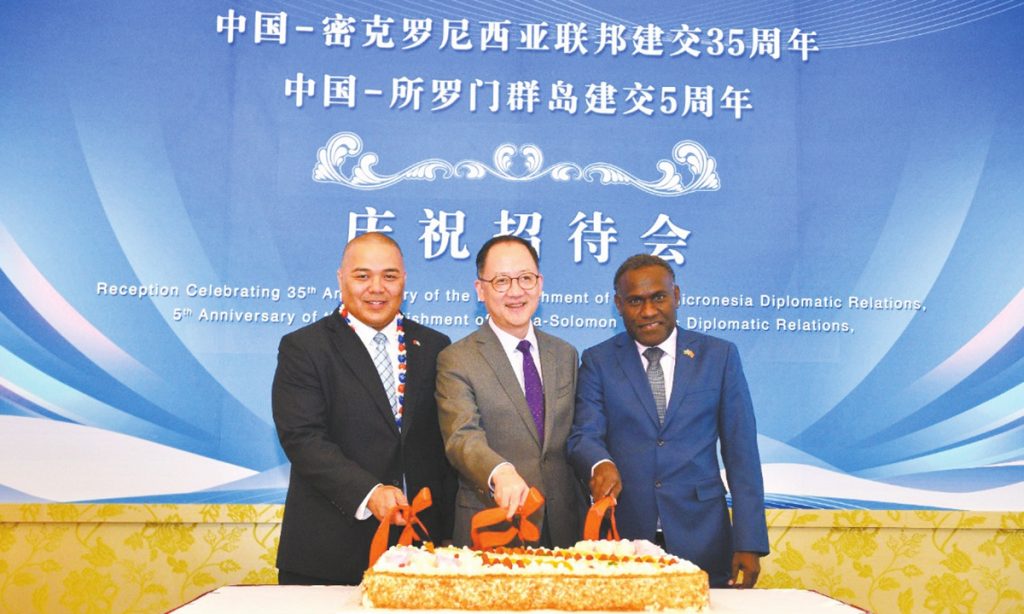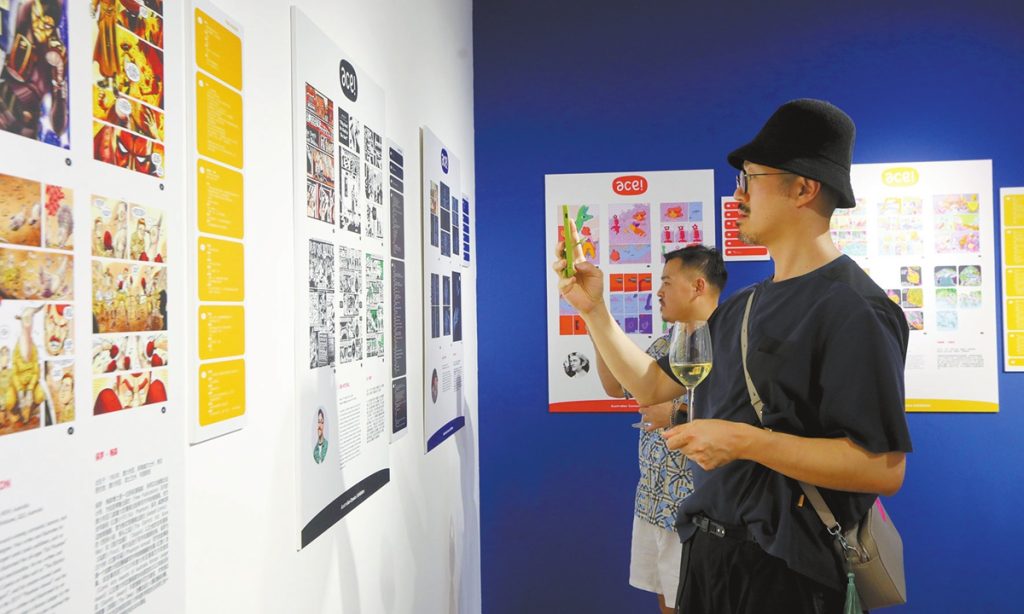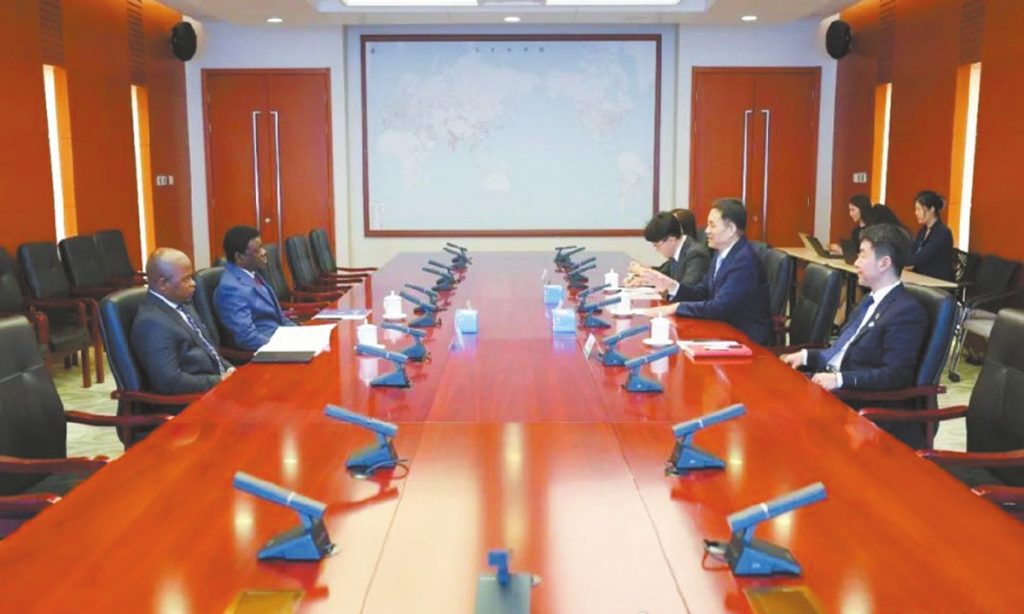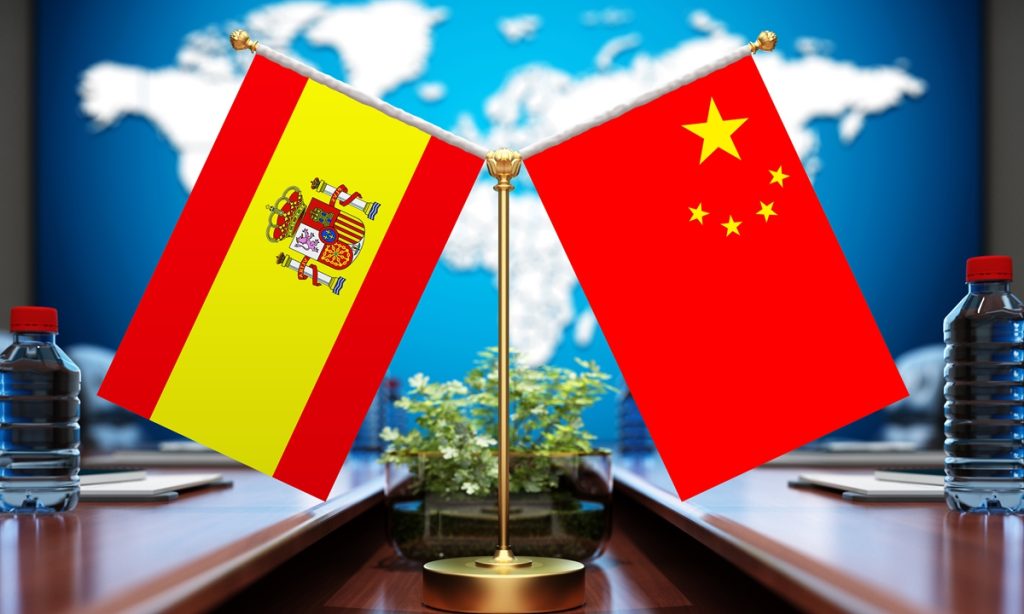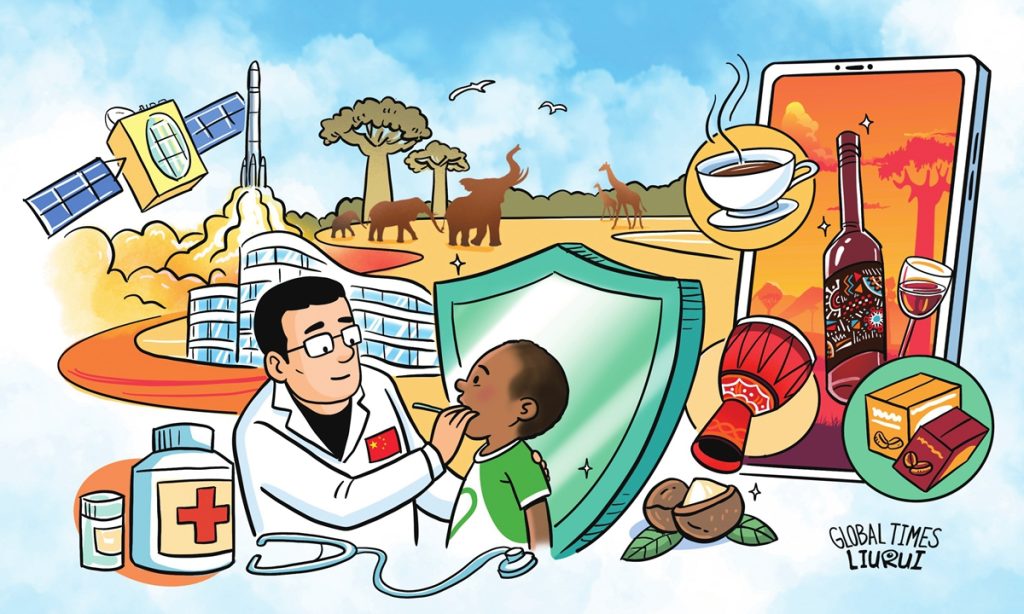Mid-Autumn film season aspires to energize box office with diversity

As the Mid-Autumn Festival approaches, China's film industry is gearing up for a promising season, offering a diverse lineup of 21 new releases to draw audiences back to theaters. At a time when the market faces challenges, will this mix of films have the potential to energize the box office? An industry expert told the Global Times that he has confidence in this year's Mid-Autumn film season.
Among the highly anticipated films, Stand by Me, which premieres on Sunday, stands out due to high pre-sales.
Following that, there's the Hollywood thriller Speak No Evil. On September 17 when the Mid-Autumn Festival is celebrated, there will be realism-orientated films such as Like A Rolling Stone and Enjoy Yourself, as well as comedies like A Frozen Rage and Keep Rolling.
Moreover, there will be re-releases such as The Wandering Earth II, along with a behind-the-scenes documentary about the film.
According to online ticketing platform Maoyan, by 12:29 pm on Wednesday, pre-sales for this season have already surpassed 40 million yuan ($5.62 million), with Stand by Me, Like A Rolling Stone, and Enjoy Yourself leading the pack. From thrillers to comedies and animated films, the Mid-Autumn season caters to diverse audience preferences.
This year's Mid-Autumn Festival falls in mid-September, right between the summer and National Day film seasons, serving as a bridge for the market. The recent summer box office was not ideal, with a decline in both revenue and viewership compared to 2023.
The summer box office (June 1 to August 31) reached 11.64 billion yuan, a decrease of nearly 9 billion yuan compared to 20.619 billion yuan in 2023.
Additionally, this summer saw 285 million tickets sold, a significant drop compared to the 505 million from the same period in 2023.
According to a report by Maoyan, the long-tail index for summer blockbusters has significantly decreased compared to 2023, with overall post-release box-office performance and film discussions being less favorable.
The long-tail index refers to the total box-office earnings divided by opening day earnings.
Additionally, there was a scarcity of large-scale family films, which led to a decrease in group viewership, while single-viewer rates reached their highest in the past six years.
The most prominent reason for not watching films during the summer is "lack of interest in the films." The "cost-effectiveness" of going to the cinema was also a crucial factor in audiences' decision-making.
However, since the box office for the Mid-Autumn Festival and National Day holidays in 2023, which were combined that year, reached 2.734 billion yuan, one interviewed expert noted he is optimistic about this year's performance during the Mid-Autumn Festival holidays.
"Although the summer season didn't meet expectations, the film market is not lacking in excitement, and there is a certain level of anticipation for the Mid-Autumn Festival," Sun Jiashan, an associate researcher at the Central Academy of Culture and Tourism Administration, told the Global Times.
According to Sun, this year's Mid-Autumn Festival benefits from its timing. If it were closer to the summer or National Day periods, many films might opt to release during those peak times instead.
"I believe that this year's Mid-Autumn releases might actually perform slightly better than last year's. The key is that the lineup for this year is quite rich for a smaller season, offering a wide range of choices across various genres, including Hollywood films, realistic themes, and comedies," he added.
Realism is a major highlight of this year's Mid-Autumn film season. Movies like Stand by Me and Like A Rolling Stone stand out not only for their narratives but also for their focus on realism, often tackling pressing social issues.
